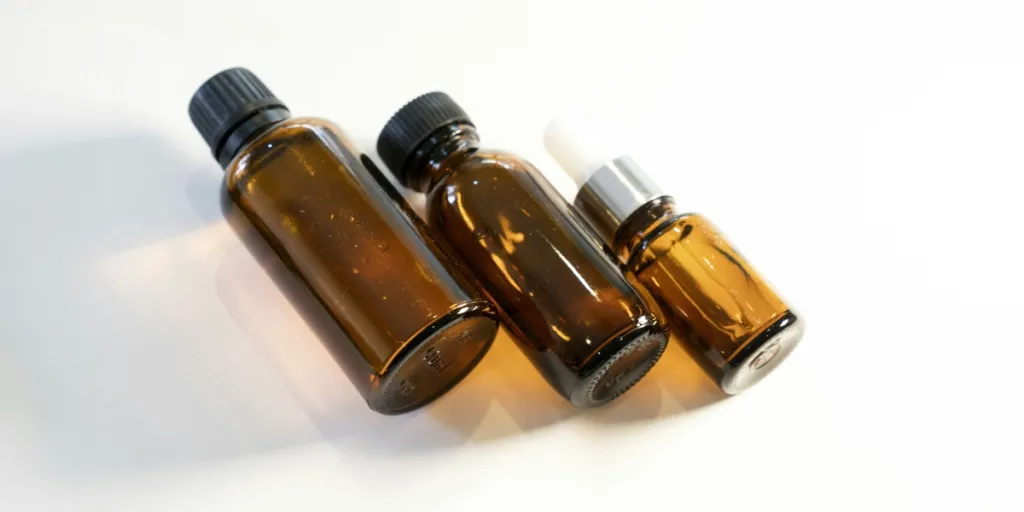In the ever-evolving landscape of beauty and personal care, scalp serums have emerged as a pivotal product, capturing the attention of consumers and industry experts alike. As we navigate through 2025, the demand for scalp serums continues to surge, driven by a growing awareness of scalp health and its impact on overall hair vitality. This guide delves into the essence of scalp serums, exploring their rise in popularity, the social media buzz propelling their demand, and the promising market potential they hold.
Table of Contents:
– Understanding Scalp Serums: What They Are and Why They’re Trending
– Exploring Popular Types of Scalp Serums and Their Benefits
– Addressing Consumer Pain Points with Innovative Scalp Serum Solutions
– Key Factors to Consider When Sourcing Scalp Serums
– Future Prospects: The Evolution of Scalp Serums in the Beauty Industry
Understanding Scalp Serums: What They Are and Why They’re Trending
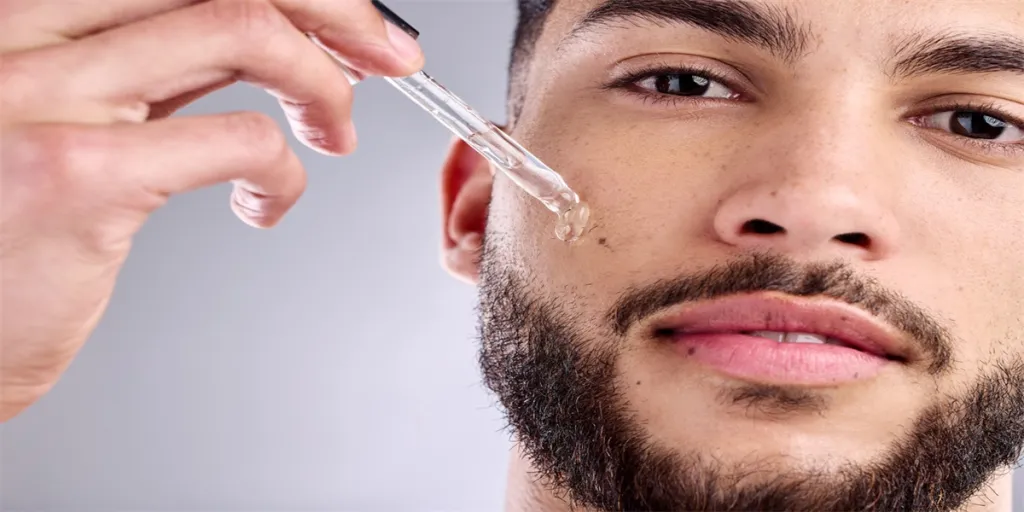
The Rise of Scalp Care in Beauty Routines
Scalp serums are specialized formulations designed to nourish, hydrate, and treat the scalp, addressing issues such as dryness, dandruff, and inflammation. Unlike traditional hair care products that focus solely on the hair strands, scalp serums target the root of hair health, promoting a balanced and healthy scalp environment. This shift towards scalp care is a natural progression in the beauty industry, as consumers become more educated about the importance of a healthy scalp for achieving luscious, strong hair.
The rise of scalp care can be attributed to several factors. Firstly, the increasing prevalence of scalp issues, exacerbated by pollution, stress, and harsh hair treatments, has led consumers to seek targeted solutions. Secondly, the influence of dermatologists and trichologists advocating for scalp health has played a significant role in raising awareness. Lastly, the beauty industry’s innovation in creating lightweight, non-greasy formulations has made scalp serums more appealing and easier to incorporate into daily routines.
Social Media Buzz: Hashtags and Trends Driving Demand
Social media platforms have become powerful catalysts in the beauty industry, driving trends and influencing consumer behavior. The hashtag #ScalpCare has gained significant traction, with millions of posts showcasing before-and-after results, product recommendations, and scalp care routines. Influencers and beauty experts are leveraging these platforms to educate their followers about the benefits of scalp serums, further fueling their popularity.
In addition to #ScalpCare, other related hashtags such as #HealthyScalp, #ScalpDetox, and #ScalpTreatment are also trending, creating a ripple effect that amplifies the demand for scalp serums. The visual nature of social media allows consumers to see real-life transformations, making them more likely to invest in these products. Moreover, the rise of video content on platforms like TikTok and Instagram Reels has provided a dynamic way to demonstrate the application and benefits of scalp serums, making them more accessible and appealing to a broader audience.
Market Potential: Growth Areas and Consumer Interest
The market potential for scalp serums is immense, with projections indicating robust growth in the coming years. According to a professional report, the global hair and scalp care market, which includes scalp serums, was valued at USD 103.17 billion in 2024 and is expected to grow at a compound annual growth rate (CAGR) of 6.73%, reaching USD 154.79 billion by 2030. This growth is driven by several key factors, including the increasing consumer focus on holistic hair care, the rise of organic and natural formulations, and the expanding middle-class population with higher disposable incomes.
One of the most promising growth areas is the Asia-Pacific region, where the demand for scalp serums is surging. Countries like China, Japan, and India are witnessing a significant rise in consumer interest, driven by a combination of cultural emphasis on hair health and the influence of social media trends. For instance, the China market dominated the Asia-Pacific hair serum market in 2022 and is projected to continue its dominance, achieving a market value of $182.3 million by 2030.
Furthermore, the growing male grooming segment presents a lucrative opportunity for scalp serums. Men are increasingly incorporating scalp care into their grooming routines to address issues such as thinning hair, dryness, and dandruff. Brands are responding by expanding their product offerings to cater to the specific needs of male consumers, further driving market growth.
In conclusion, the future of scalp serums looks promising, with a confluence of factors driving their demand and market potential. As consumers continue to prioritize scalp health and embrace innovative beauty solutions, scalp serums are poised to become a staple in hair care routines worldwide.
Exploring Popular Types of Scalp Serums and Their Benefits
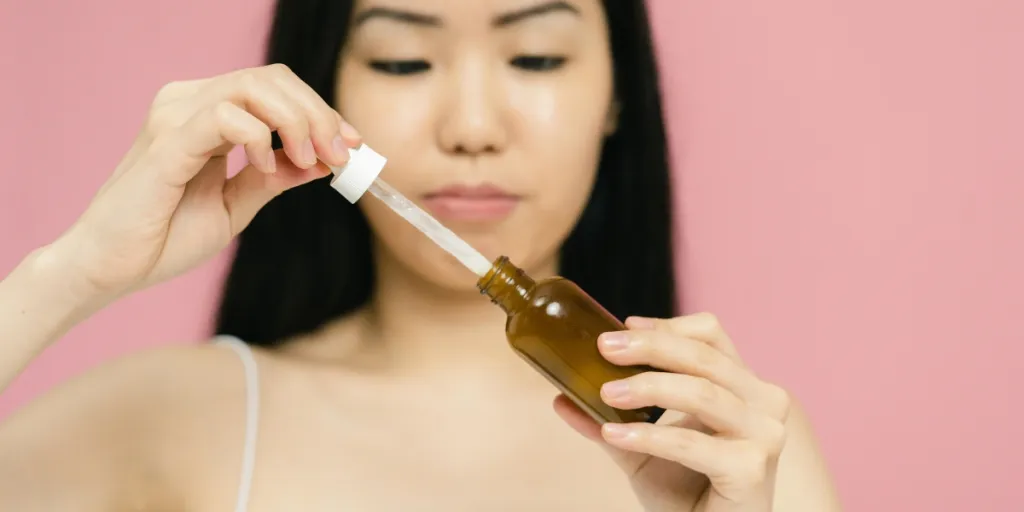
Hydrating Serums: Moisture and Scalp Health
Hydrating scalp serums are essential for maintaining optimal scalp health, particularly in environments where dryness is prevalent. These serums are formulated to deliver intense hydration, often utilizing ingredients like multi-molecular hyaluronic acid, amino acids, and glycerin. For instance, Act+Acre’s Cold Processed Daily Hydro Scalp Serum is designed to provide instant and long-term hydration, reducing discomfort and itching associated with dry scalp conditions. This product is optimized for normal to dry skin and is suitable for all hair types, from straight to coily, making it a versatile choice for diverse consumer needs.
The trend towards incorporating skincare principles into haircare routines is driving the demand for such specialized products. Consumers are increasingly aware of the benefits of maintaining a healthy scalp as part of their overall skin wellness. This shift is supported by the growing popularity of cold-processed formulations, which preserve the efficacy of active ingredients, appealing to those seeking potent yet gentle products. The personal care industry is responding by developing more scalp-focused products that cater to this holistic approach to skin health.
Growth-Boosting Serums: Ingredients and Effectiveness
Growth-boosting scalp serums are gaining traction due to their ability to address hair thinning and promote hair density. These serums often contain multi-peptide formulations, which are designed to target hair loss at its roots. For example, JSHealth’s Vita-Growth Scalp Serum utilizes key actives like Capilia Longa™, Baicapil™, Capixyl™, and Hairiline™ to stimulate growth and restore hair density. This serum is clinically proven to reduce hair loss by up to 89% and increase density by 59%, making it a powerful solution for those experiencing hair thinning.
The clean beauty movement has also influenced the development of growth-boosting serums, with many products now being vegan, oil-free, and free from parabens, sulfates, silicones, and synthetic fragrances. This aligns with consumer demand for eco-friendly and health-conscious beauty solutions. The haircare industry is evolving to include advanced serums that combine plant-active ingredients and clinical technologies, providing professional-level results without the need for salon visits.
Anti-Dandruff Serums: Solutions for Common Scalp Issues
Anti-dandruff scalp serums are formulated to address common scalp issues such as dandruff, itchiness, and inflammation. These serums often contain ingredients like niacinamide, which has antioxidant and anti-inflammatory properties, and bio-fermented ingredients that support a well-balanced scalp microbiome. Act+Acre’s Oily Scalp Serum, for instance, helps control excess oil and odor while extending the time between washes. This pH-optimized serum stabilizes the scalp and reduces oiliness over time, making it an effective solution for those with oily scalps.
The integration of skincare principles into haircare is evident in the formulation of these serums, which aim to provide holistic personal care solutions. The use of niacinamide in haircare indicates a broader application of skincare ingredients in improving scalp health. Products that extend the time between hair washes are gaining popularity, reflecting a consumer preference for low-maintenance beauty routines. The haircare industry is responding by developing products that offer benefits beyond basic cleaning, such as scalp health and microbiome balance.
Addressing Consumer Pain Points with Innovative Scalp Serum Solutions
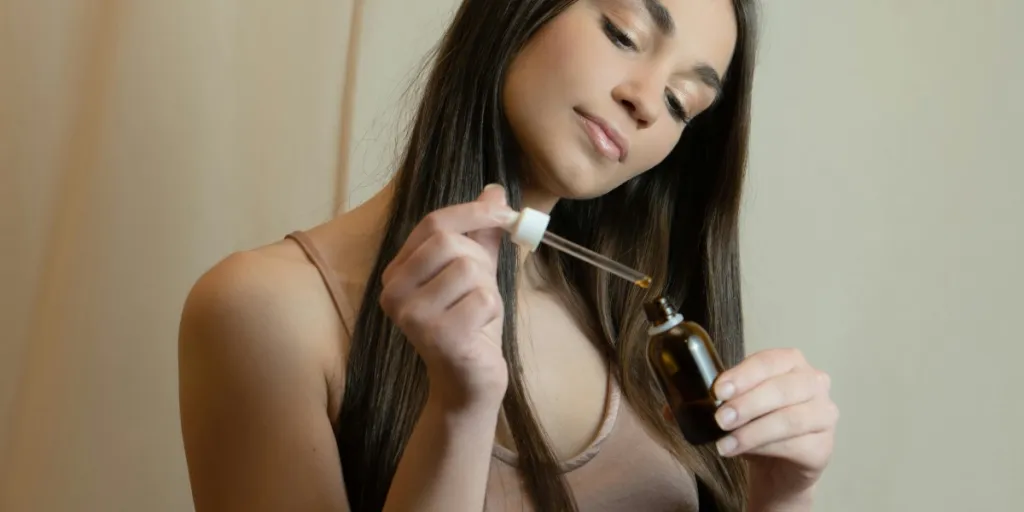
Common Scalp Concerns and How Serums Help
Common scalp concerns such as dryness, itchiness, dandruff, and hair thinning can significantly impact overall hair health. Scalp serums are formulated to address these issues by providing targeted treatments that promote a healthy scalp environment. For instance, serums containing ingredients like hyaluronic acid, glycerin, and peptides can improve moisture levels and support sensitive and dry scalps. Products like AAVRANI’s Scalp Detox Jelly Cleanser, which includes Vitamin E capsules, glycolic acid, and lotus, offer a hydrating and exfoliating solution that addresses buildup and scalp irritations.
Innovative formulations that incorporate botanical extracts and natural ingredients are also gaining popularity. For example, VAMA Wellness’s Detox and Renew Foaming Scalp Scrub uses Pink Himalayan Salt for exfoliation and Amla, Shikakai, and Reetha for cleansing and strengthening the scalp. These products provide a spa-like experience while promoting scalp health, making them appealing to consumers seeking natural and effective solutions.
Innovations in Scalp Serum Formulations
The development of scalp serums has seen significant innovation, with a focus on incorporating advanced ingredients and technologies. Products like Elevai Skincare’s Elevai S-Series Root Renewal System utilize exosome and mitochondrial technology to enhance scalp and hair vitality. This system targets aging-related issues in hair and skin, offering a scientifically-backed solution for hair thinning and loss. The use of artificial intelligence platforms like MitoGPT in identifying effective ingredients further highlights the advancements in this field.
Another notable innovation is the integration of probiotics in hair serums, as seen in FOREO’s FAQ™ 301 LED Hair Strengthening Scalp Massager. This device uses red LED light and T-Sonic™ massage to stimulate hair follicles, while the accompanying serum contains probiotics, red clover extract, and Centella Asiatica to nourish the scalp and promote hair growth. These advancements reflect the growing trend towards combining nutrition and technology in scalp care solutions.
Consumer Feedback: What Buyers Are Saying
Consumer feedback plays a crucial role in shaping the development of scalp serums. Many consumers report positive experiences with products that address specific scalp concerns, such as dryness, dandruff, and hair thinning. For example, users of JSHealth’s Vita-Growth Scalp Serum have noted significant improvements in hair density and a reduction in hair loss. Similarly, Act+Acre’s Daily Hydro Scalp Serum has received praise for its ability to provide long-lasting hydration and reduce scalp discomfort.
The demand for clean and eco-friendly beauty products is also reflected in consumer preferences. Products that are vegan, cruelty-free, and free from harmful ingredients are highly valued. The use of natural and botanical ingredients, as seen in VAMA Wellness’s Detox and Renew Foaming Scalp Scrub, is particularly appealing to consumers seeking holistic and sustainable beauty solutions. This feedback highlights the importance of ingredient transparency and safety in the development of scalp serums.
Key Factors to Consider When Sourcing Scalp Serums
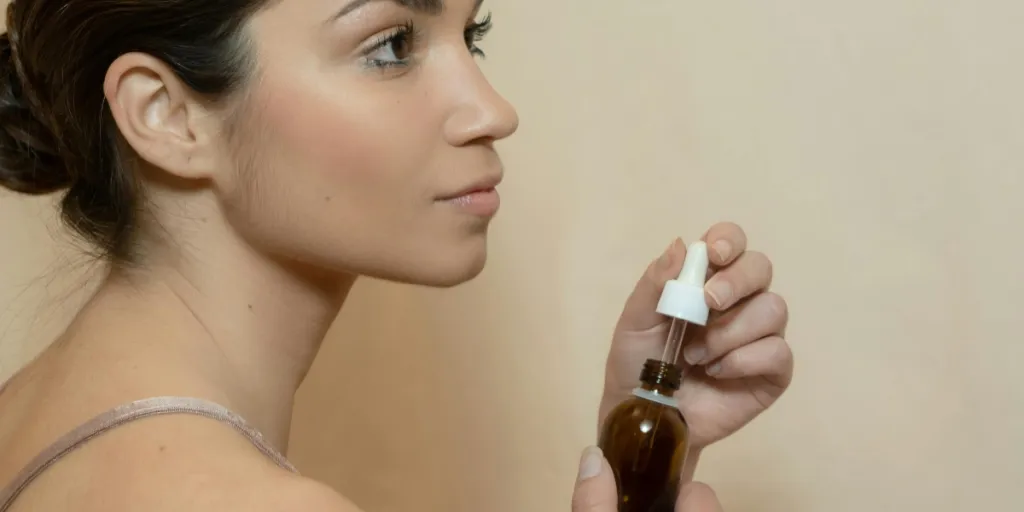
Ingredient Transparency and Safety
When sourcing scalp serums, ingredient transparency and safety are paramount. Business buyers should prioritize products that clearly list their ingredients and provide information on their safety and efficacy. For instance, serums that contain clinically-proven ingredients like Baicapil, Capilia Longa™, and niacinamide offer targeted solutions for hair thinning and scalp health. Products like AAVRANI’s Scalp Detox Jelly Cleanser, which includes natural antioxidants and exfoliants, demonstrate the importance of using safe and effective ingredients.
The trend towards clean beauty has also influenced the formulation of scalp serums. Products that are free from parabens, sulfates, silicones, and synthetic fragrances are increasingly popular. This aligns with consumer demand for eco-friendly and health-conscious beauty solutions. Business buyers should look for certifications and endorsements that validate the safety and sustainability of the products they source.
Brand Reputation and Consumer Trust
Brand reputation and consumer trust are critical factors in the sourcing of scalp serums. Established brands with a history of producing high-quality and effective products are more likely to be trusted by consumers. For example, JSHealth and Act+Acre have built strong reputations for their innovative and effective scalp serums. Business buyers should consider the track record of brands and their commitment to quality and transparency.
Consumer feedback and reviews also play a significant role in building trust. Products that receive positive reviews and testimonials are more likely to be well-received by new customers. Business buyers should pay attention to consumer feedback and consider products that have a proven track record of success. This can help ensure that the products they source meet the expectations and needs of their customers.
Price Points and Market Positioning
Price points and market positioning are important considerations when sourcing scalp serums. Business buyers should evaluate the cost-effectiveness of products and their alignment with market demand. For instance, products like Rhyme & Reason’s rosemary scalp serum, priced at $8.99, offer an affordable option for consumers seeking effective scalp care solutions. This product is formulated with more than 92% naturally derived ingredients and comes in 100% recycled plastic containers, appealing to environmentally conscious consumers.
The availability of scalp serums through various retail distribution channels, including supermarkets, drugstores, specialty beauty stores, salons, and e-commerce platforms, enhances their adoption in the market. Business buyers should consider the distribution strategy and market positioning of the products they source to ensure they meet the needs of their target audience. This includes evaluating the competitive landscape and identifying opportunities for differentiation.
Future Prospects: The Evolution of Scalp Serums in the Beauty Industry
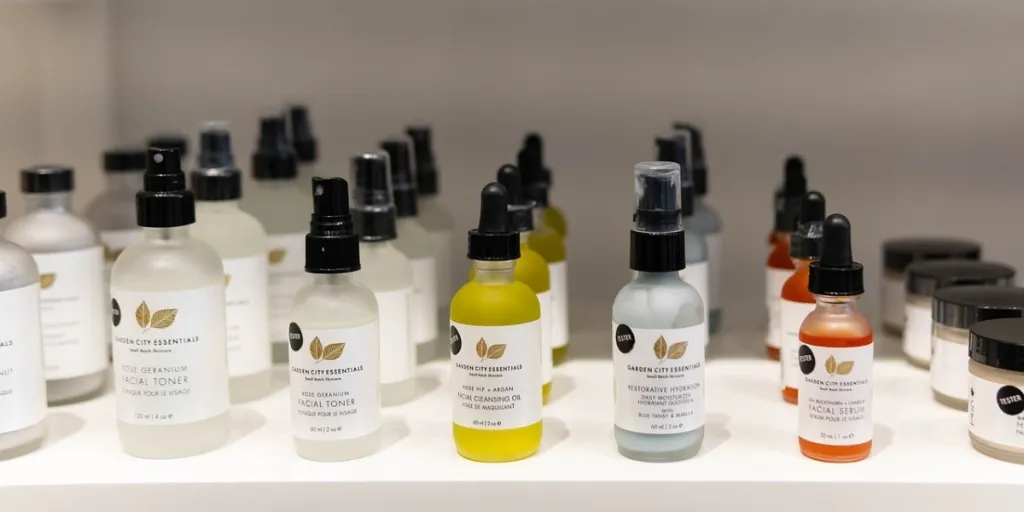
The future of scalp serums in the beauty industry looks promising, with continued innovation and a growing focus on holistic scalp health. As consumers become more aware of the importance of maintaining a healthy scalp, the demand for specialized and effective scalp serums is expected to rise. Business buyers should stay informed about emerging trends and advancements in scalp serum formulations to meet the evolving needs of their customers. The integration of advanced technologies, natural ingredients, and clean beauty principles will continue to shape the development of scalp serums, offering new opportunities for growth and differentiation in the market.
